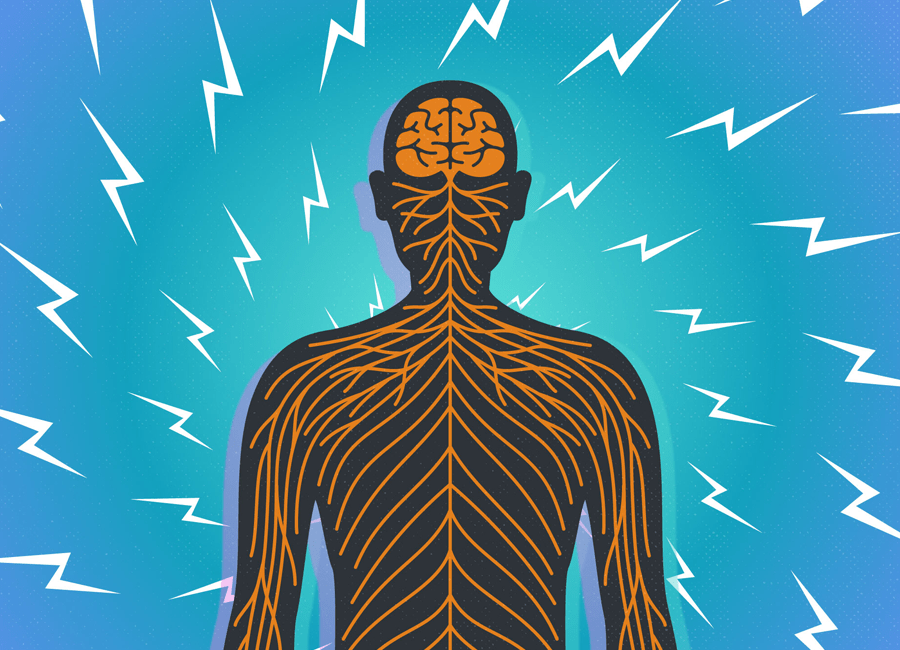
Do you feel irritated and annoyed by everything that surrounds you? Irritability can be a serious challenge, but understanding its causes can help you find a solution that brings you relief.
Consider these causes:
- Low blood sugar. Hypoglycemia, also known as low blood sugar, can make adults and children irritable.
- Low blood sugar levels can be caused by diabetes, medications, or stress. In addition, forgetting to eat or not eating enough food can trigger the issue.
- You can raise your blood sugar level back up by eating carbohydrates or taking medications.
- Dehydration can change your mood quickly and make you frustrated.
- Not drinking enough water can affect your body and your mind. Even cases of mild dehydration can lead to mood swings and irritability.
- This issue can be solved by staying hydrated throughout the day.
- Stress can make you feel angry, frustrated, and upset. Practice regular stress-relieving activities like yoga or meditation to help keep stress from building up inside you.
- Anxiety disorders. Irritability can be a sign of an anxiety disorder. Talk to your doctor if you suspect this is the cause and seek treatment. Anxiety disorders have multiple symptoms, but feelings of frustration and anger are common.
- Post-traumatic stress disorder is another common issue that has irritability as a symptom.
- Alzheimer’s disease. Patients who have Alzheimer’s disease often feel irritated and angry.
- Personality changes are a large component of the disorder, so patients frequently have mood swings. Irritability is a common issue that presents itself throughout the disease. It’s important to discuss your concerns about Alzheimer’s disease with a doctor.
- Hormonal changes. As bodies age, hormones can shift and change. Both men and women can experience hormonal changes. However, this issue is more frequently seen in women.
- In women, menopause and premenopause can create mood swings and feelings of frustration. Premenstrual syndrome is another culprit that can cause irritability.
- Consult with your doctor about various treatments for hormonal changes. Various treatments can include natural remedies, supplements, medications, and lifestyle changes.
- Thyroid issues can create feelings of irritability among other symptoms.
- A thyroid that is not working properly can make you feel angry, frustrated, nervous, and anxious. Thyroid disease has a large impact on mood and can affect your mind.
- Caffeine withdrawal. If you decide to stop drinking coffee or eliminate other sources of caffeine, then be prepared for the symptoms of withdrawal. One of the most common symptoms is irritability.
- To avoid feelings of irritation and frustration, you may want to gradually reduce your caffeine intake over time. Instead of going cold turkey, eliminate it slowly.
- Although it’s not a symptom that is often associated with this disorder, irritability can be a sign of depression. Other symptoms such as sadness and withdrawal are more common, but irritability shouldn’t be ignored.
- Irritability is more frequently seen as a symptom of depression in teenagers and young children. They may have trouble expressing themselves, so frustration is high.
- Researchers have documented cases in children and teenagers that reveal they may not have sadness as a symptom. Instead, they try to express their depression through anger and irritability. It’s important to discuss all of these symptoms with your doctor and seek help.
Irritability doesn’t have to control your life, and you can change it. After you understand the causes, you can work on eliminating them.









